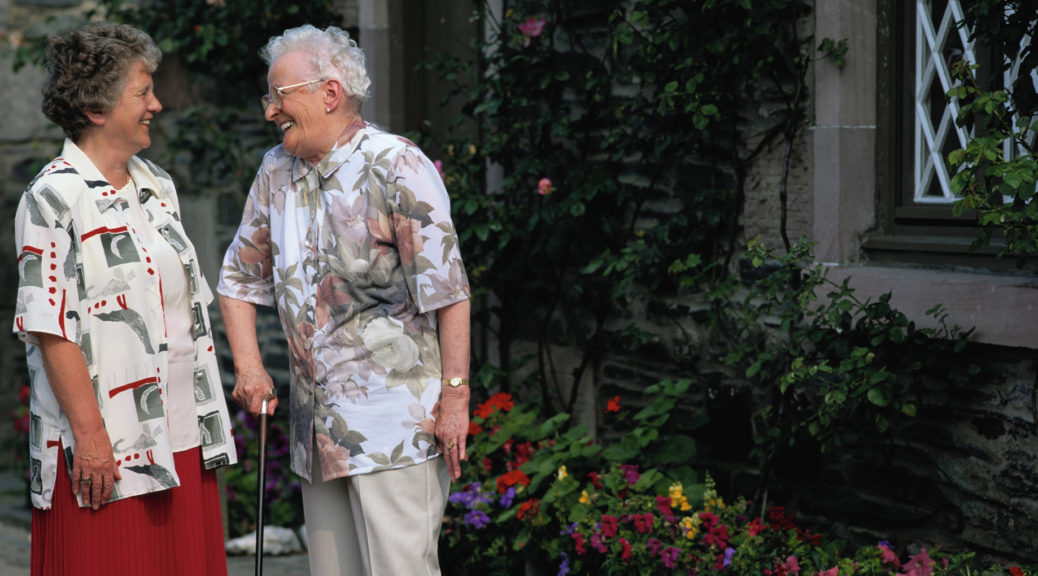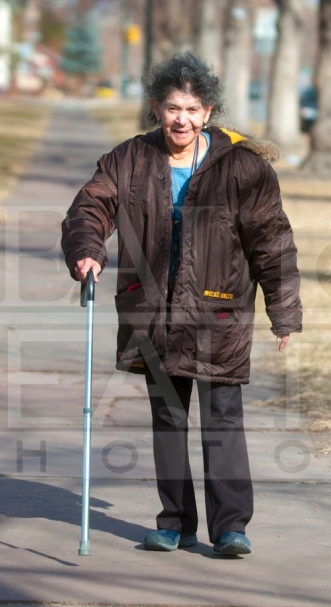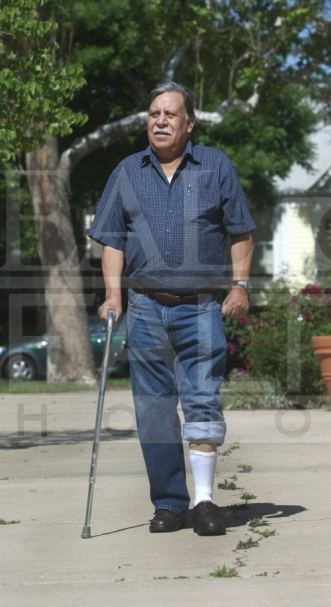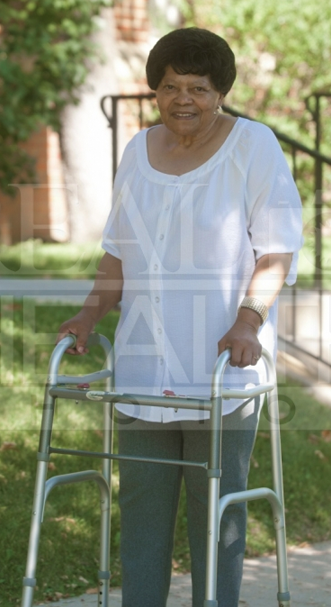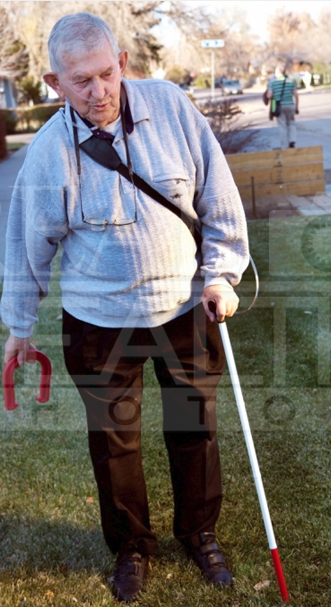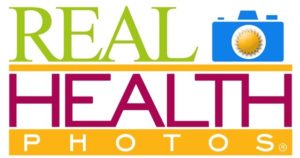Klein Buendel Opens a Second Location
Klein Buendel is pleased to announce the opening of its first satellite location in New Mexico. The new Albuquerque office will house Klein Buendel Senior Scientist Dr. Gill Woodall and a small staff, to conduct multiple health communication and behavior research projects with people in New Mexico and Texas.

The Vacteens project aims to raise the public health profile of human papillomavirus (HPV), increase the need for responsible health services, and examine the cost-effectiveness of risk-based screening to pave the way for the development of new strategies for the prevention of HPV-induced cancers. The objectives of the project are to develop and evaluate a mobile web app to encourage HPV vaccination in New Mexico, an ethnically-diverse state. Current ongoing randomized controlled efficacy trials with parents and their adolescent children in New Mexico clinics provide data to determine the impact of these mobile web apps on informed decision making and uptake for the HPV vaccine. This research was funded by a grant from the National Cancer Institute (CA210125; Dr. W. Gill Woodall, Principal Investigator). Collaborators include Dr. Alberta Kong, Dr. Lance Chilton, and Dr. Tamar Ginossar from the University of New Mexico; Dr. Greg Zimet from Indiana University; and Dr. David Buller from Klein Buendel.

B-SMART is a project aimed at reducing intoxicated driving by people with court-ordered ignition interlock devices (IIDs) through improved communication and support from family members. Using smartphone web app technology, B-SMART teaches coping skills, communication skills, and strategies to help deter Driving While Impaired (DWI). Unique to this intervention are the involvement of family members in supporting the DWI offender to not drink and drive, English and Spanish language options, and the use of smartphone technology to make that support immediate, accessible, and diffusible. The research is funded by the National Institute on Alcohol Abuse and Alcoholism (AA022850; Dr. W. Gill Woodall, Principal Investigator) through the Small Business Innovation Research Program (SBIR). Collaborators include Dr. Barbara McCrady and Dr. Vern Westerberg from the University of New Mexico; Dr. Gary Cutter from Pythagorus, Inc. in Alabama; and Julia Berteletti from Klein Buendel.

WayToServe Espanol: A Culturally-Appropriate Online Responsible Beverage Service Training for Spanish-Speaking Servers is a redesign of WayToServe®, an evidence-based training to promote responsible alcohol beverage service (RBS). WayToServe Espanol was created after discovering current RBS training had not been tailored to address Spanish-speaking populations that represent disproportionately high rates of alcohol-related injury and death in the United States. This project promotes a culturally and linguistically adapted RBS training for Spanish-speaking servers, and changes to organizational and community norms because preventing alcohol-related injury and death is a national priority. This research is funded by the National Institute of Minority Health and Health Disparities at the National Institutes of Health (MD010405; Dr. Gill Woodall, Principal Investigator) through the SBIR. Collaborators include Dr. Victoria Sanchez from the University of New Mexico Health Sciences Center; and Dr. Areli Chacon Silva and Dr. Frank Perez from the University of Texas at El Paso.



